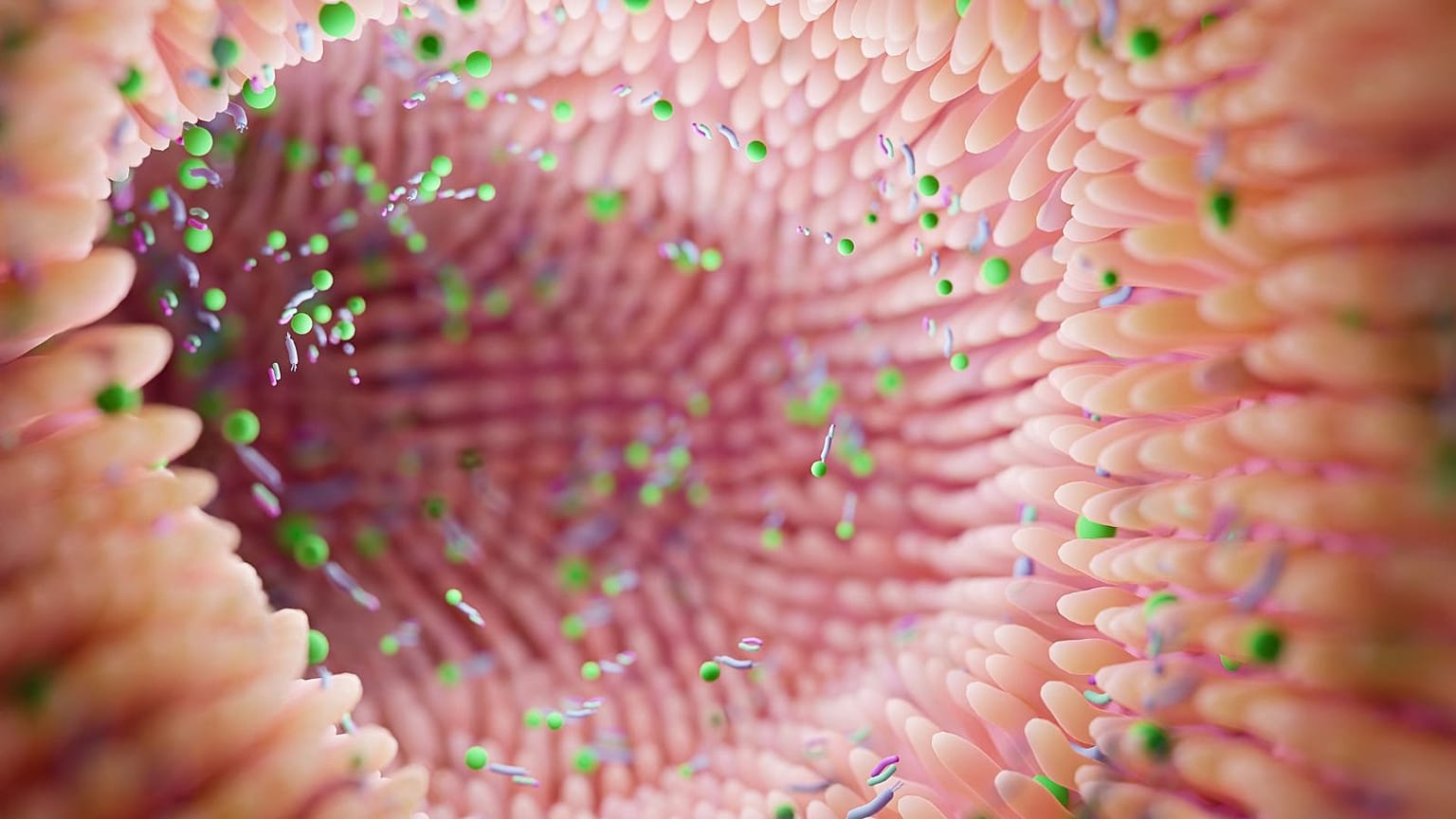Doctors could soon be running screenings looking for the Parkinson-associated bacteria and subsequently remove it from the gut.
Alzheimer’s, depression and obesity are all diseases that could potentially be prevented, if not treated, by the right balance of bacteria, fungi and virus that live naturally in our guts – known as the “gut microbiome”.
Now, Finnish scientists say they have found that certain strains of gut bacteria are also the probable cause of Parkinson's disease.
A common age-related neurodegenerative disorder, Parkinson’s causes unintended or uncontrollable movements and affects some eight million people worldwide. But despite more than 200 years of research, its underlying causes are not fully understood.
Thanks to microbiome research, however, the enigma has finally been enlightened.
“Parkinson’s is primarily caused by environmental factors, that is, environmental exposure to the Desulfovibrio bacterial strains, and only a small share, roughly 10 per cent, is caused by individual genes,” said Professor Per Saris, lead researcher, from the University of Helsinki, in a statement.
Previous research by Saris’ team had already determined that the Desulfovibrio (DSV) bacteria - a type of bacteria that absorbs toxic sulfate - was more prevalent and abundant in quantity in Parkison’s disease patients, especially those experiencing more severe symptoms, when compared with healthy individuals.
However, it had not been investigated how the bacteria played a role in the disease’s development.
But the team’s most recent experiments published in the scientific journal Frontier - which compared faecal samples from 10 Parkinson’s patients and their healthy spouses - have confirmed the hypothesis.
Saris’ team found that DSV bacteria enhance the aggregation of a neuronal protein called alpha-synuclein - a protein that is found primarily in neurons in the brain - which is a hallmark of the disease.
Last year, a 72-year-old Scottish woman named Joy Milne accidentally provided a significant breakthrough in the detection of Parkinson’s.
She had noticed that her husband's smell changed 12 years before his diagnosis with Parkinson's, noting he had developed a musky scent, different from his usual scent.
A team at the University of Manchester then harnessed her power and discovered that Parkinson’s disease does indeed have a particular odour.
And with Milne’s help, they developed a test that could determine in just three minutes whether someone has the disease.
Saris says Milne’s discovery is aligned with his own team’s discoveries.
“There were a few studies about what compounds were causing the smell and I checked if the Desulfovibrio bacteria had the capacity to produce these compounds, and guess what was the result? Yes, they can, no surprise,” he told Euronews Next.
For years, patients and doctors have signalled intestinal problems as a possible indicator of Parkison’s disease.
“People have reported experiencing constipation months before the symptoms first come in, and for a long time, this has had people thinking there might be a toxin or bacteria that was initiating the development towards Parkinson's disease,” Saris said.
His team’s findings appear to confirm that theory, while also providing an opportunity “to identify those with high numbers of bacteria in their intestine, and then determine who would be at risk of developing Parkison’s in ten or 20 years”.
Saris also hopes doctors could conduct screenings to detect the Parkinson-associated bacteria - and subsequently remove it from the gut, “potentially alleviating and slowing the symptoms of patients with Parkinson’s disease”.
“We already developed a method to kind of easily detect if you have a lot of Desulfovibrio in your faeces,” he notes.
Where does the Desulfovibrio come from?
“Many people have this strain in their intestines,” said Saris.
“It is in the environment, in the soil, in the water, and also in foods. We basically eat them every day, but in a normal situation, they don't grow to very high numbers. Also, in a normal situation, you have this nitrogen sulfide detoxification enzyme that will keep you healthy”.
Saris says they are still running tests to determine which are the best foods to inhibit the development of the Desulfovibrio strains. However, he recommends “a more vegetarian-based diet, with a good amount of fibre”.
“It's known that there is a correlation between meat consumption and Parkinson's disease,” he noted.
The Finnish scientist also recommends avoiding any behaviour that causes a risk of inflammation in the intestines, “and that means, if possible, no stress,” he says.
“Be loved and love somebody, go into nature, be in contact with microbes in the forest and in contact with animals,” he advises, assuring that in conjunction with a good diet, it “will help the intestine avoid a state of inflammation”.


















